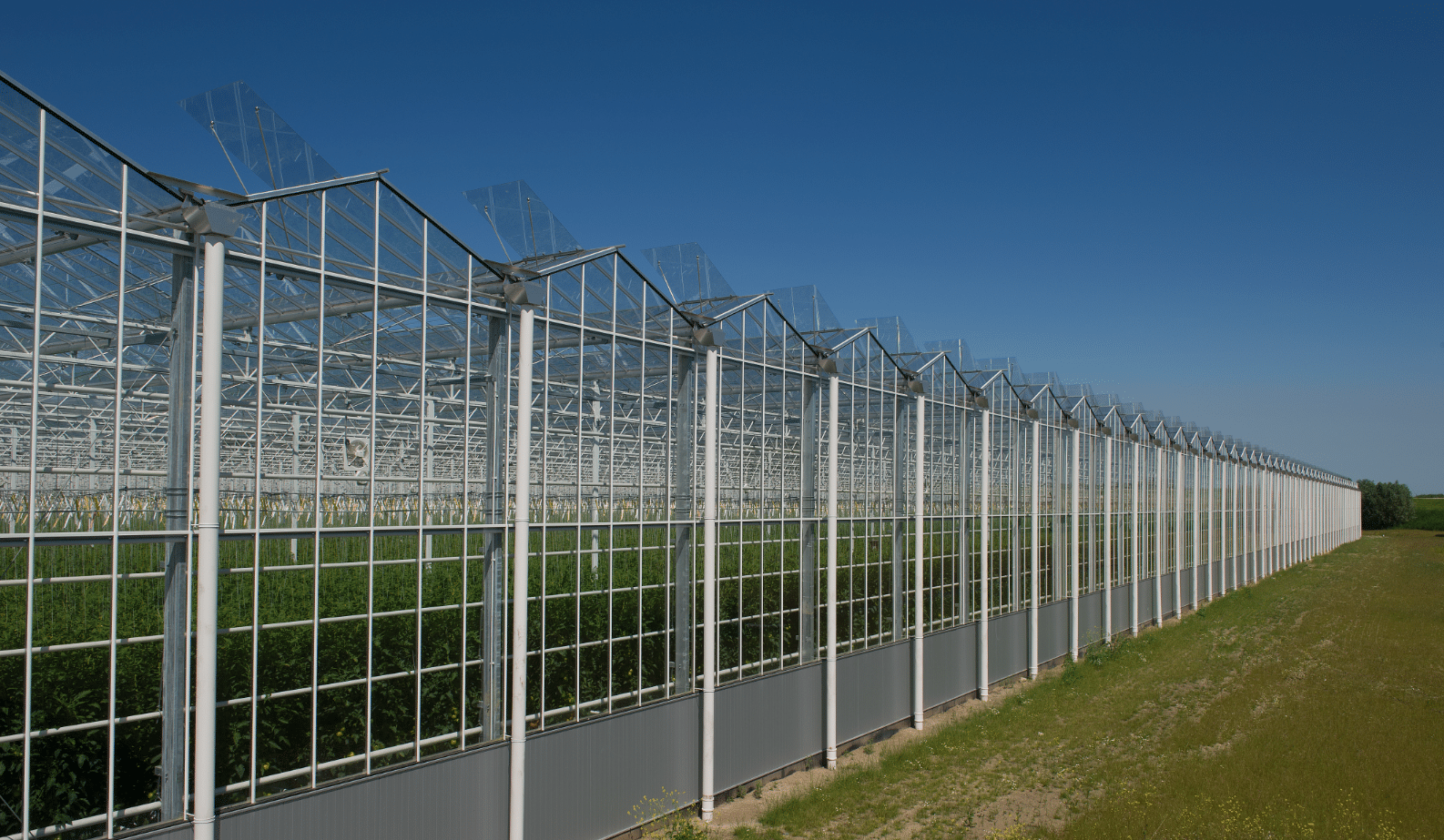Key Takeaways:
- The world's first CO2-negative greenhouse has been introduced, producing fresh vegetables with minimal fossil energy and lower costs.
- Developed by KUBO, the greenhouse was launched at the GreenTech RAI event in Amsterdam from June 11-13.
- The innovation aligns with the greenhouse horticulture sector's responsibility for food security and CO2 reduction.
- KUBO's new greenhouse technology significantly reduces energy, water, and pesticide use, eliminating the need for extra CO2.
- The innovation promises a positive ROI for both the planet and investors, marking a milestone in sustainable agriculture.
Introduction of the CO2-Negative Greenhouse
A new advancement in sustainable agriculture has been unveiled with the launch of the world's first CO2-negative greenhouse. This innovation, developed by the Westland-based horticultural company KUBO, was introduced at the GreenTech RAI event in Amsterdam from June 11 to 13. The greenhouse technology enables the production of fresh vegetables with reduced fossil energy consumption and lower costs per kilo compared to traditional greenhouses. This development is expected to attract significant interest from horticulturists, investors, and governments globally, underscoring the sector's commitment to food security and CO2 reduction.
Global Solution for Sustainable Agriculture
The KUBO Group, a family business established in 1946, has a history of innovating greenhouse solutions. The company believes this latest development is essential for achieving sustainable global food production. CEO Wouter Kuiper explained, “We are pragmatists and are not a company that goes through elongated scientific processes. When our Blue Lab research team makes a discovery, it is tested several times in separate greenhouses and technically developed into an ultimate market product.” Kuiper highlighted the company's collaboration with partners like the Climate Neutral Group and SBTi to validate innovations before market introduction.
Expanding Sustainable Impact
KUBO has begun implementing the new greenhouse technology with some regular customers and is now seeking to accelerate its expansion. By informing investment companies and governments across Europe, the Middle East, North America, and Asia, KUBO aims to enhance the sustainable impact of its innovations. This approach highlights the potential for localized, sustainable food production on a global scale.
Operation Based on Data Analysis and Technical Adaptations
Tomatoes, the most widely produced vegetable globally, were the focus of initial tests due to their precise monitoring capabilities using advanced climate systems. Continuous data streams allow optimal plant nutrient delivery, reducing energy, water, and pesticide usage. A significant breakthrough was eliminating the need for additional CO2 in the greenhouse. By optimizing outside air ventilation, plants can absorb CO2 from the air naturally, making the greenhouse CO2-negative as it extracts carbon from the atmosphere.
Confidence in Innovation
For sustainable innovations to make a real impact, they must offer a positive return on investment (ROI) for both the planet and investors. KUBO's pioneering greenhouse, combining environmental benefits with economic viability, meets this criterion. Professor Leo Marcellis of Wageningen University & Research (WUR) remarked, “The horticultural sector needs to be innovative and come up with solutions. If the facts tested by KUBO about food volumes, costs, and sustainability gains hold up now in the global rollout, it shows how innovative the sector faces its future. I am very curious to see the further results.”
Expert Roundtable Discussion
To mark this milestone, KUBO is hosting a live roundtable discussion on May 28, from 2:00 to 2:45 p.m. (in English), exploring the theme: “Can we let go of the dogma: ‘an increase in production always goes hand in hand with increased environmental impact'?” This event will feature food chain and sustainability experts and can be attended by all interested parties via this online link.


